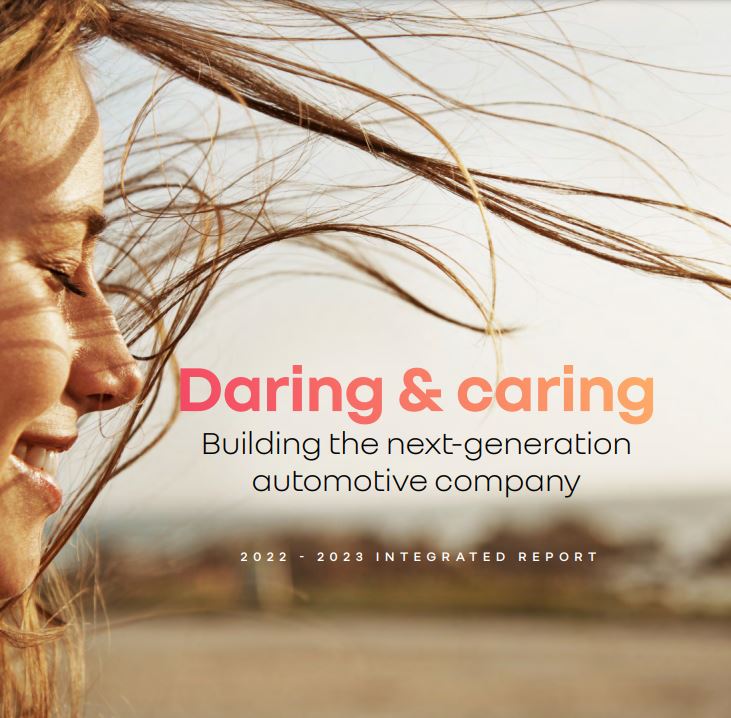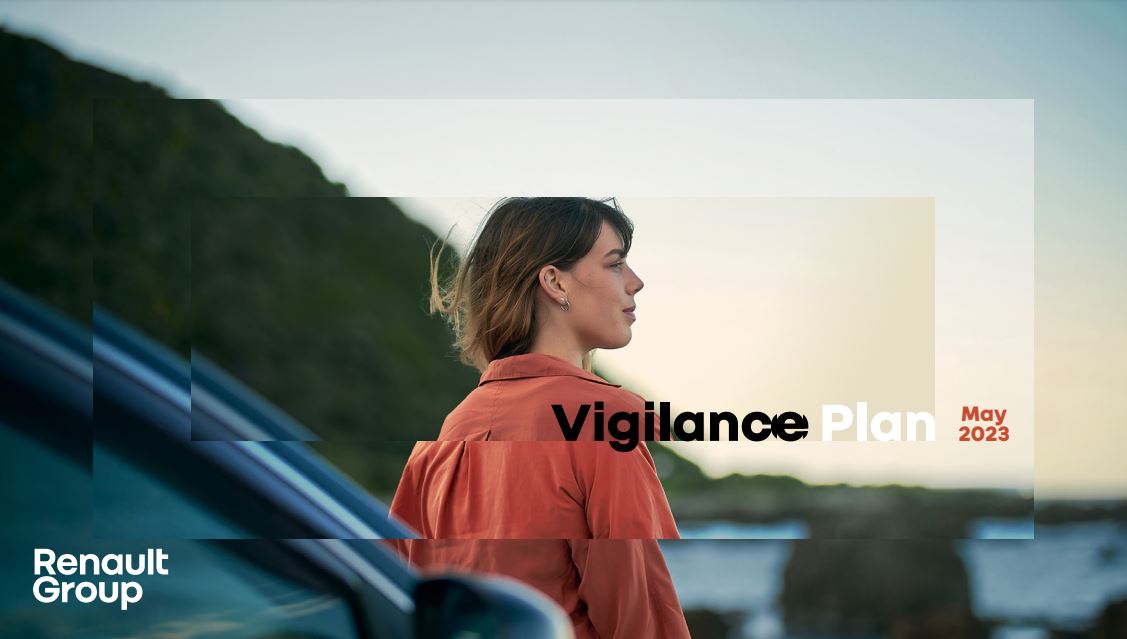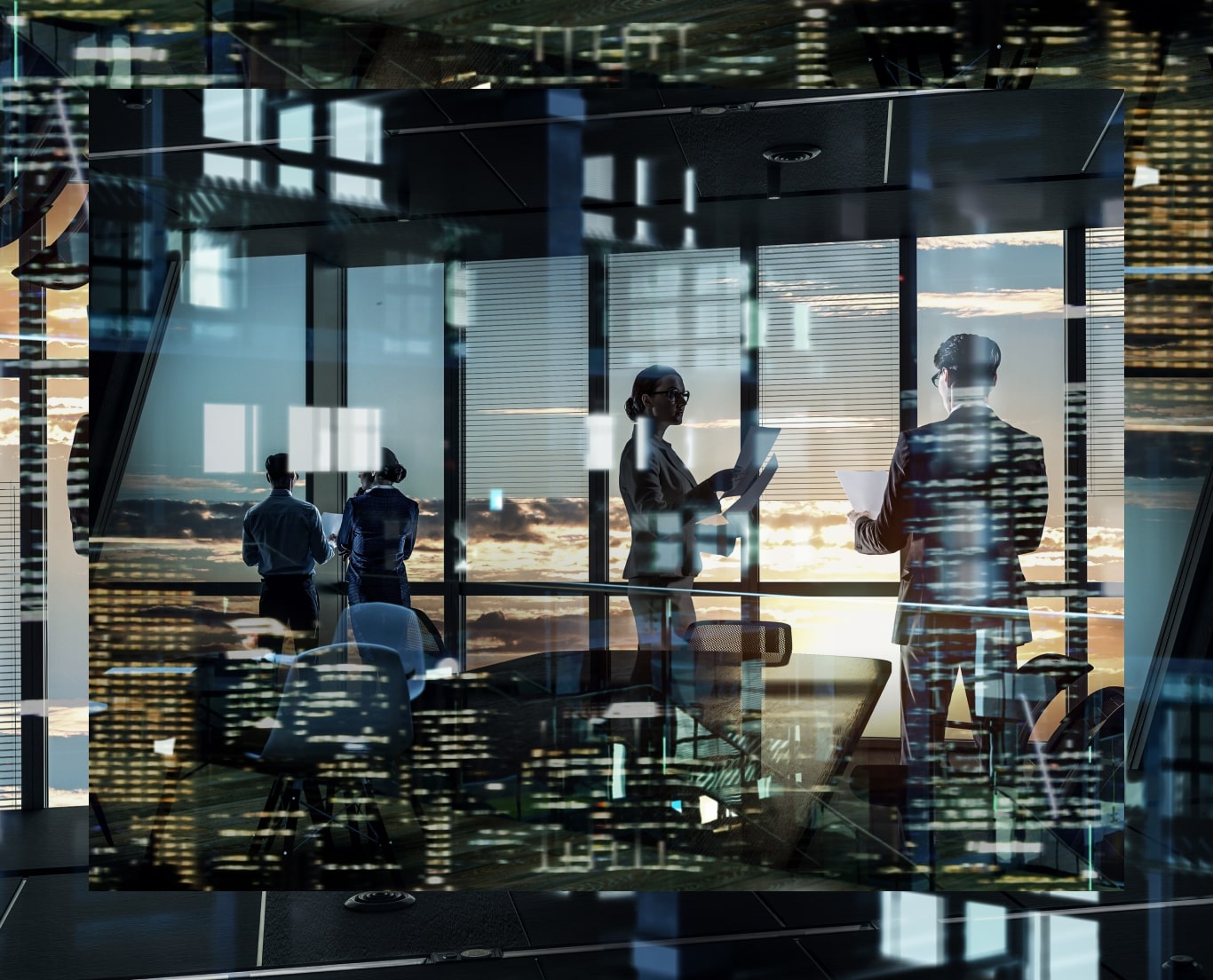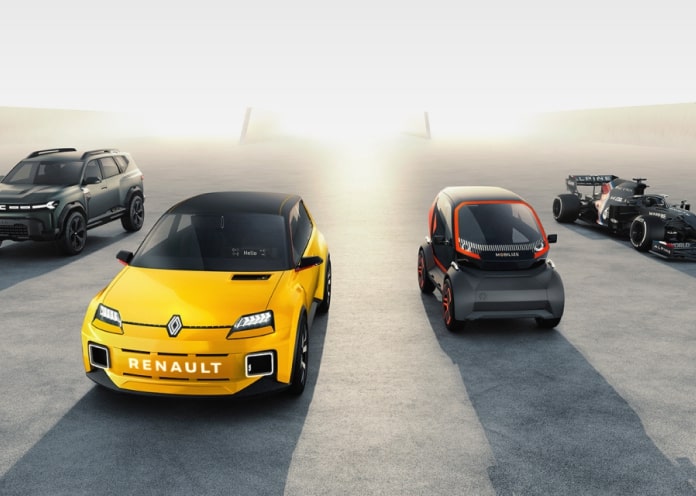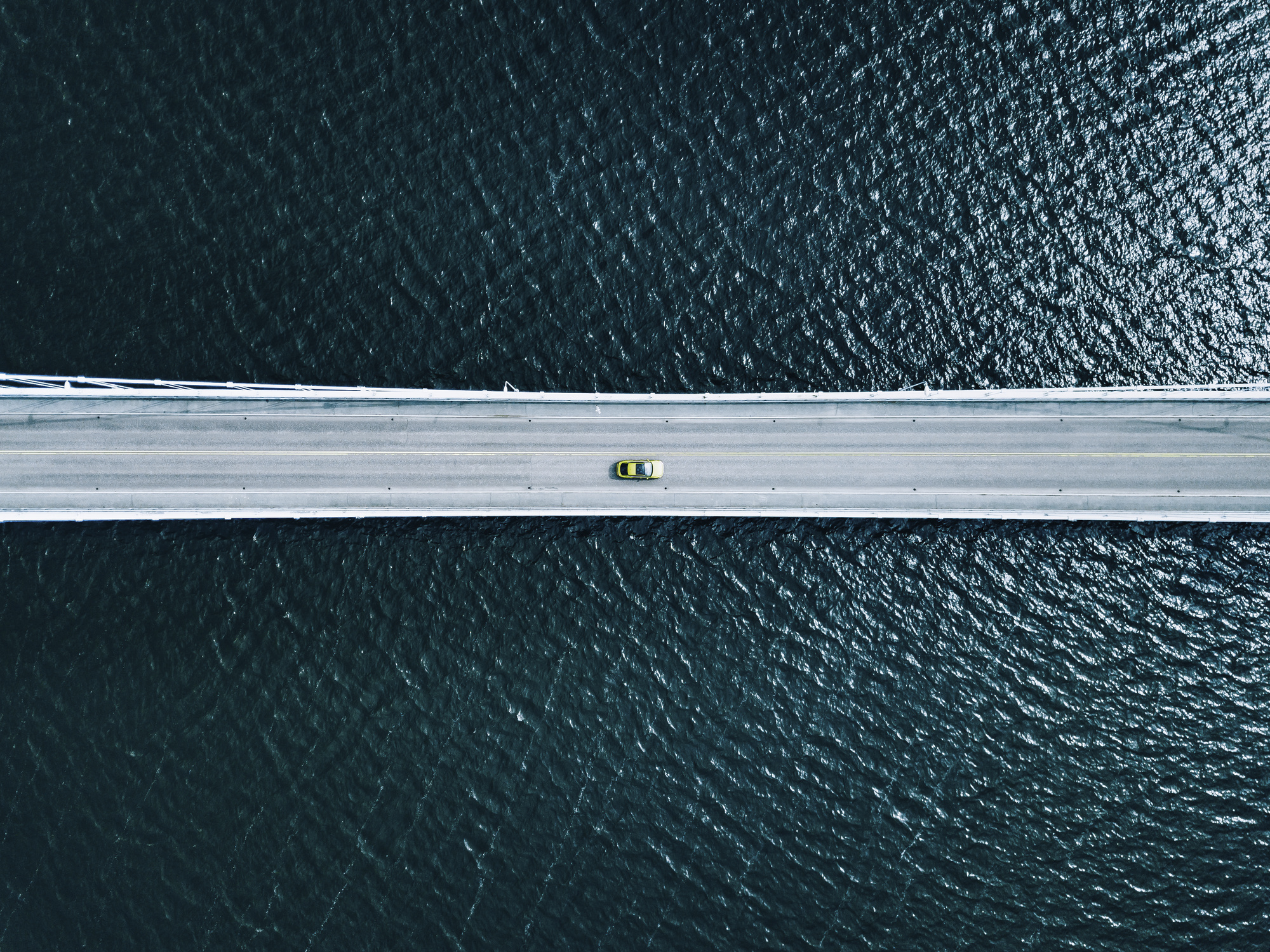


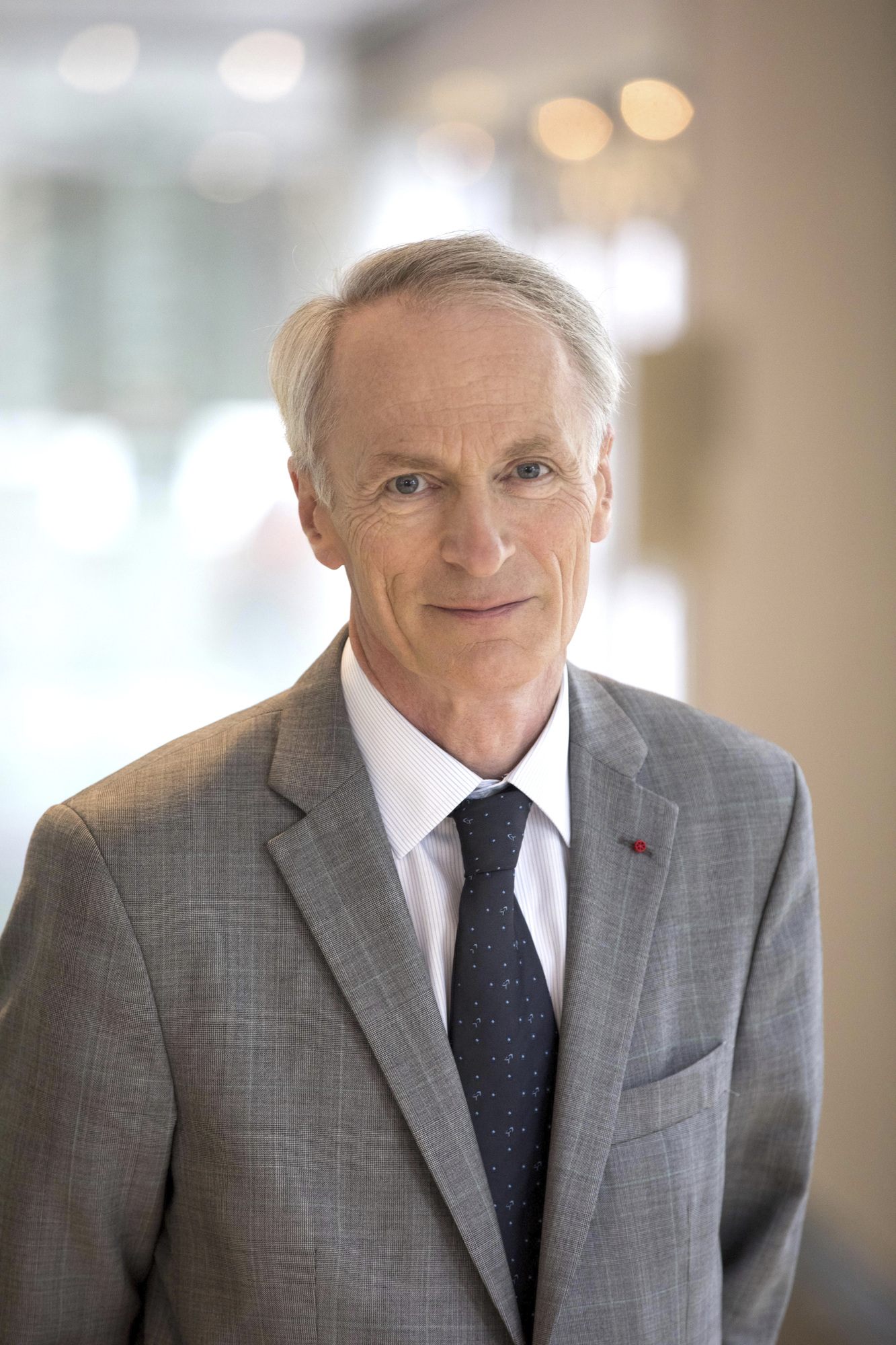

We want this transition to be guided by innovation that is fair and takes society and the environment into account. Our approach of daring and caring runs deep in our roots and is central to our company’s Purpose.

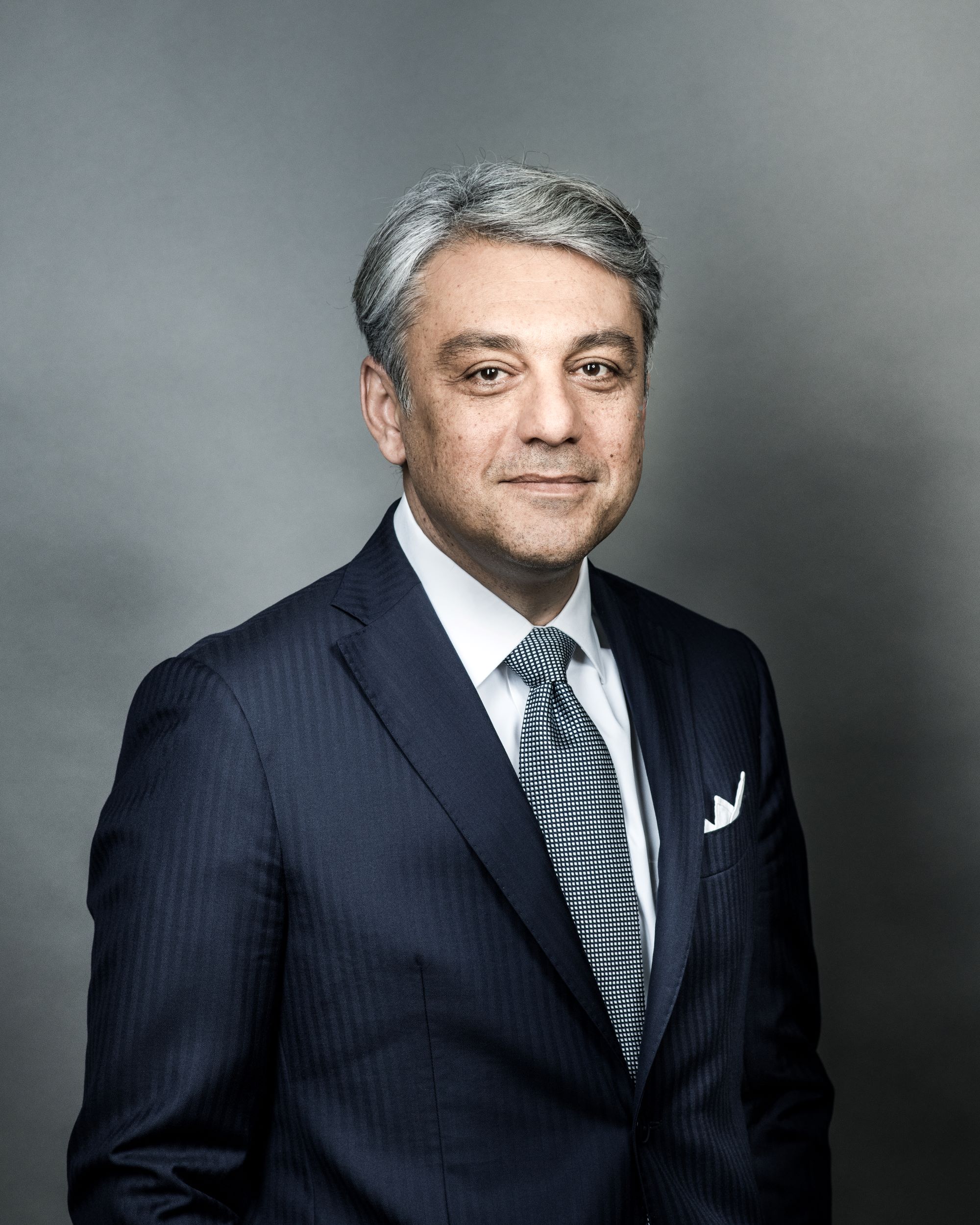

The overarching goal is sustainable mobility. The challenge is mapping out the journey to get there – and keeping mobility affordable. The next-generation automotive company that we are building is geared for this journey.
Reference documents
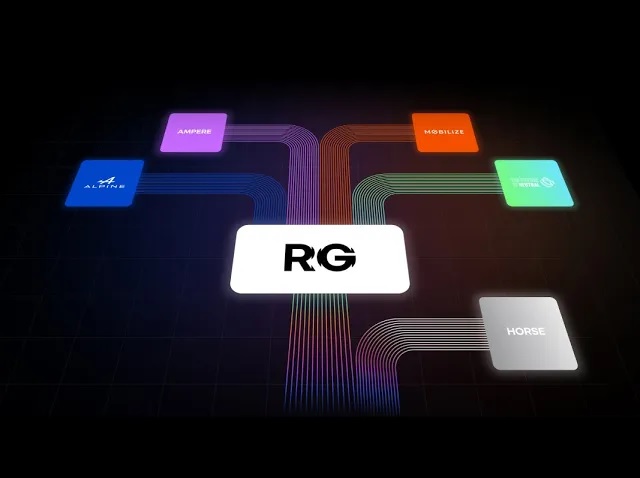
Contribution of the Group and its entities to sustainable development
The new business model launched in 2023 will enable the Group to build an inclusive environmental transition while meeting its profitability targets. The Group and each of its entities contribute to these sustainable development objectives, taking care of protecting the climate, resources and people, in line with the Group's Purpose and commitments.
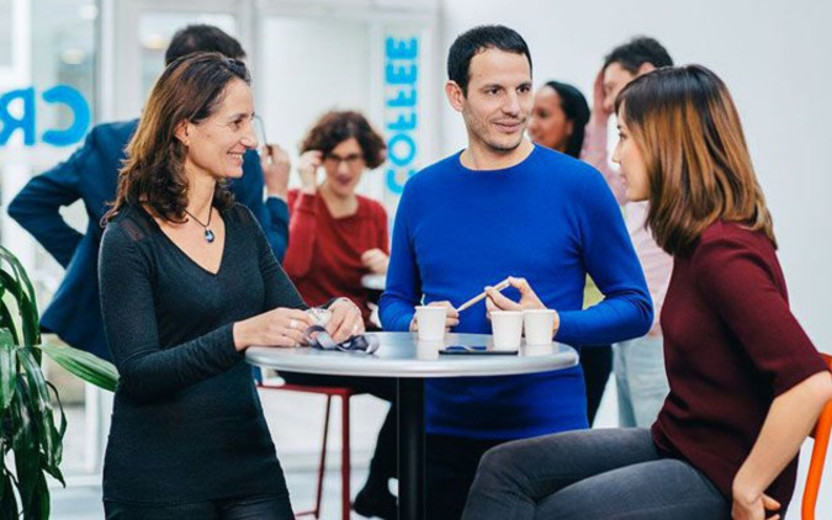
Ethics
The Renault Group's profitable growth is largely based on the confidence instilled throughout its whole social environment. Shared trust to inspire employees, clients, shareholders, partners and suppliers.
Our ethicsFoundation
The Renault Foundation is now positioned as a player in the field of inclusion: it supports people who are far from employment and helps them to find their place in society.
Read more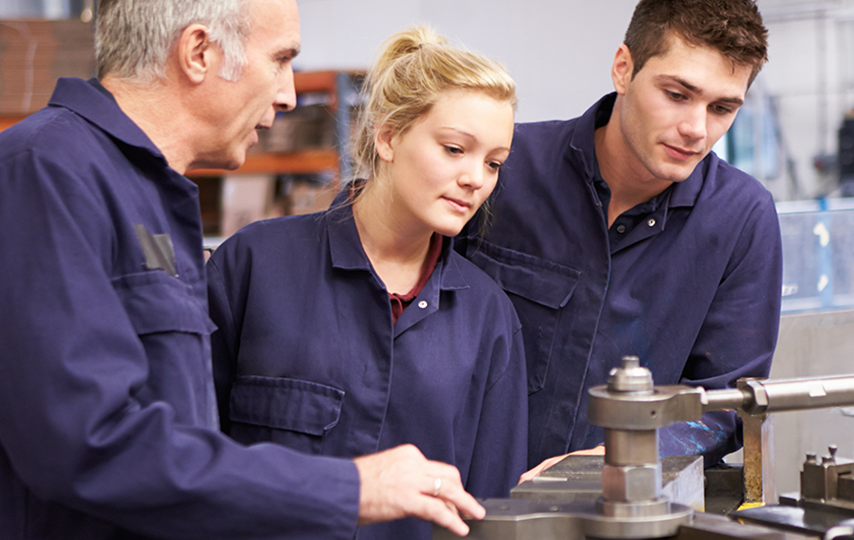
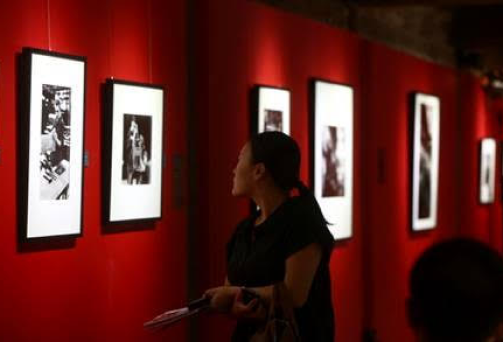
Foundation and
contemporary art
In addition to its commitment to inclusion through employment, the Foundation's mission is to promote and make accessible the Group's collection of Modern Art.
In particular, by organizing temporary exhibitions by making available to museums its over 350 works by major artists.
The art collection
Notations
Since 16 June 2023, Renault Group is included in the CAC 40 ESG index. Created in March 2021, this index is composed of the 40 companies listed on the Paris stock exchange with the best practices in terms of environmental, social and governance standards. To know more, click here.
Discover the external assessments of our sustainable performance
The Group’s ESG performance is put to the scrutiny of major international extra-financial rating agencies. In particular, for over 20 years, the Group has adhered to the United Nations Global Compact and its 10 principles on human rights, labor standards, the environment and the fight against corruption


